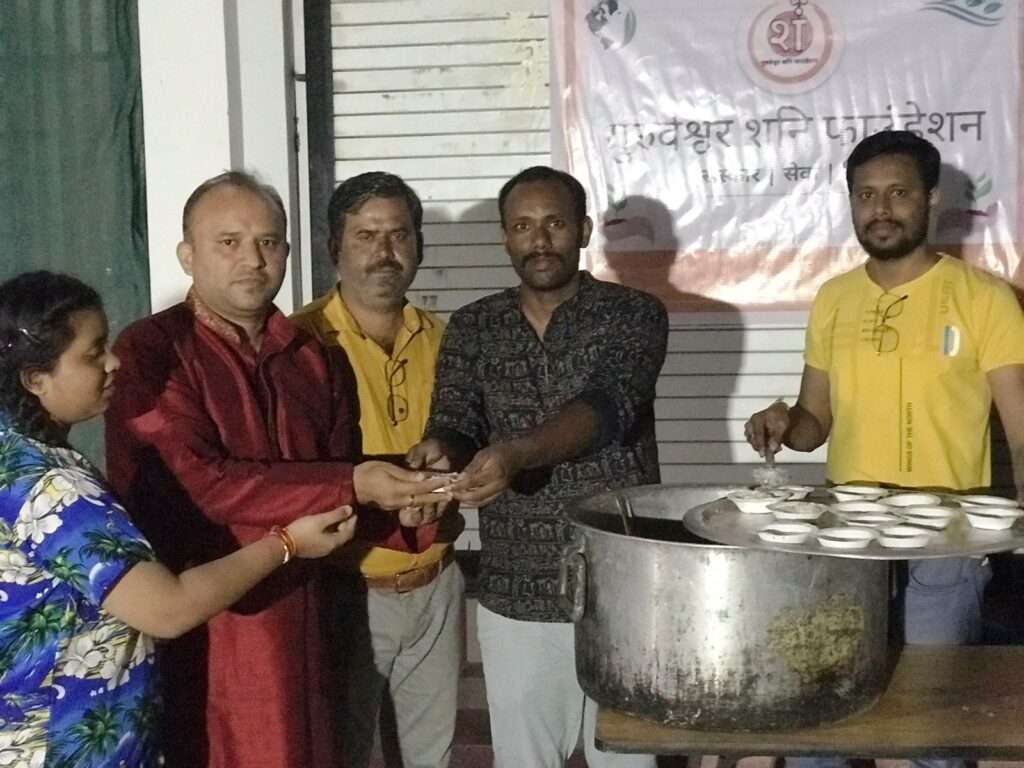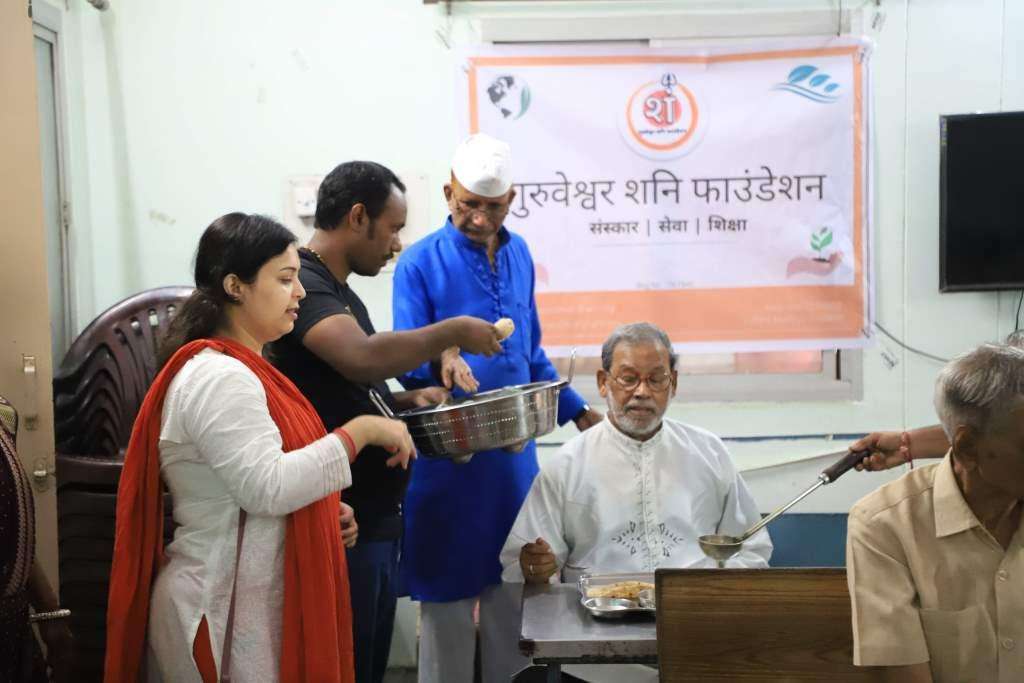10 sins in hinduism, Donation Remove Sins, Unforgivable sins in hinduism
Hinduism, also known as Sanatan Dharma, offers a profound moral framework that guides individuals toward righteous living. The concept of sin, or pāpa, describes actions that disturb harmony, cause suffering, or move a person away from spiritual growth. Although Hindu scriptures describe many forms of wrongdoing, certain sins are consistently seen as the most harmful. These acts not only damage society but also create heavy karmic consequences. Therefore, understanding these wrongdoings helps individuals live with awareness and responsibility.
Top Sins in Hinduism
1. Violence and Cruelty (Himsa)
Non-violence is a central value in Hindu philosophy. Any action that harms innocent beings is considered a major sin. Physical aggression, cruelty toward animals, and emotional torture all fall under this category. Moreover, scriptures emphasize compassion as the highest virtue, which makes violence one of the gravest wrongs.
2. Falsehood (Asatya)
Truth (satya) is viewed as divine. However, lying, cheating, and manipulating others create deep scars in relationships. Even a small falsehood can grow into larger harm, and this is why truthfulness is repeatedly encouraged in texts like the Manusmriti and Mahabharata.
3. Stealing and Dishonesty (Staya)
Taking what does not belong to you, whether money, possessions, or even ideas, is strongly condemned. Moreover, corruption, fraud, and misuse of charitable funds are seen as modern forms of this ancient sin. Integrity is treated as essential for dharmic living.
4. Lust and Adultery (Parastrī-Gaman)
Hinduism places great importance on family harmony. Therefore, adultery is considered a serious offence that breaks trust and destroys relationships. Self-control is encouraged because lust is believed to cloud judgment and weaken spiritual discipline.
5. Greed and Corruption (Lobha)
Greed leads to exploitation, injustice, and unfair practices. However, Hindu teachings stress contentment (santosha) as a path to inner peace. When greed grows, individuals harm others for profit, which becomes a major sin.
Unforgivable sins in hinduism
6. Addiction and Intoxication (Madya-Nasha)
Misuse of intoxicants dulls the mind and invites further wrongdoing. Additionally, gambling and substance abuse weaken discipline and disrupt family life. This is why self-restraint is praised in many scriptures.
7. Disrespecting Parents and Gurus
Honoring parents, teachers, and elders is considered a sacred duty. Any disrespect toward them is viewed as a severe moral failure. Moreover, neglecting their needs, especially in old age, is considered a major sin in Hindu ethics.
8. Slander and Harsh Speech
Words hold power. Therefore, insulting others, spreading rumors, or speaking harshly creates negative karma. The Bhagavad Gita encourages gentle and honest communication for maintaining harmony.
9. Arrogance and Ego (Ahankara)
Ego is seen as the root of many sins. It separates individuals from humility, compassion, and spiritual wisdom. Thus, excessive pride is considered dangerous for both personal growth and social stability.
10. Supporting Injustice (Adharma)
Remaining silent in front of wrongdoing is also treated as sinful. Hinduism teaches that individuals must, whenever possible, stand for truth and fairness. Meanwhile, avoiding responsibility only encourages further harm.
In conclusion, Hinduism guides people to choose actions rooted in compassion, honesty, and self-discipline. By avoiding these major sins, individuals move closer to peace, balance, and spiritual progress.
Can Donation Remove Sins in Hinduism?
In Hinduism, Dāna (donation or charity) is considering one of the greatest virtues. Scriptures like the Bhagavad Gita, Puranas, Manusmriti, and Dharma Shastras describe donation as a powerful way to purify the mind, reduce negative karma, and uplift society. However, it is important to understand how donation affects sins and what its limitations are.
Donation and Removal of Sin
Donation Reduces Negative Karma, But Does Not Erase All Sins Automatically
Hindu texts clearly explain how donation affects karma.
👉 दान purifies the heart and reduces the weight of past karmas.
👉 It creates positive karma (पुण्य) that balances some negative actions.
But:
❗ Donation does NOT cancel serious sins if a person continues wrongdoing.
❗ A person must repent sincerely and change their behaviour to purify themselves.
Just giving money does nothing if the intention remains selfish.
Donation Done With Pure Intention Brings the Most Benefit
The scriptures say:
“Shraddhayā dīyate dānam” — Donate with faith.
A donation removes sin only when the donor keeps a pure heart and a genuine desire to change.
Types of Donations That Purify Sins (According to Sanatan Dharma)
1. Annadaan (Food Donation)
-
People donate food to remove hunger and suffering.
-
This charity creates immense punya and uplifts society.
2. Gau-daan (Cow Protection / Feeding Cows)
-
People protect and feed cows to express purity and compassion.
3. Vastra-daan (Clothes Donation)
-
Donors give clothes to help the poor stay protected and dignified.
4. Education Donation
-
People support children’s education to shape their future positively.
-
This donation holds high spiritual value.
5. Medical Donation
-
Donors help with hospital bills, medicines, and treatment.
-
This form of charity often saves lives.
6. Helping the Elderly & Needy
-
Serving the elderly, orphans, and those in need directly serves God.
Why Donation Purifies the Soul
Hinduism teaches that sins arise from:
- Greed
- Ego
- Anger
- Attachment
Donation works against these harmful qualities. When a person gives with love and humility, he weakens greed and ego. This discipline cleans the mind and creates inner purity (चित्त-शुद्धि).
Read Also – Somvati Amavasya 2025: A Sacred Opportunity for Seva and Charity



